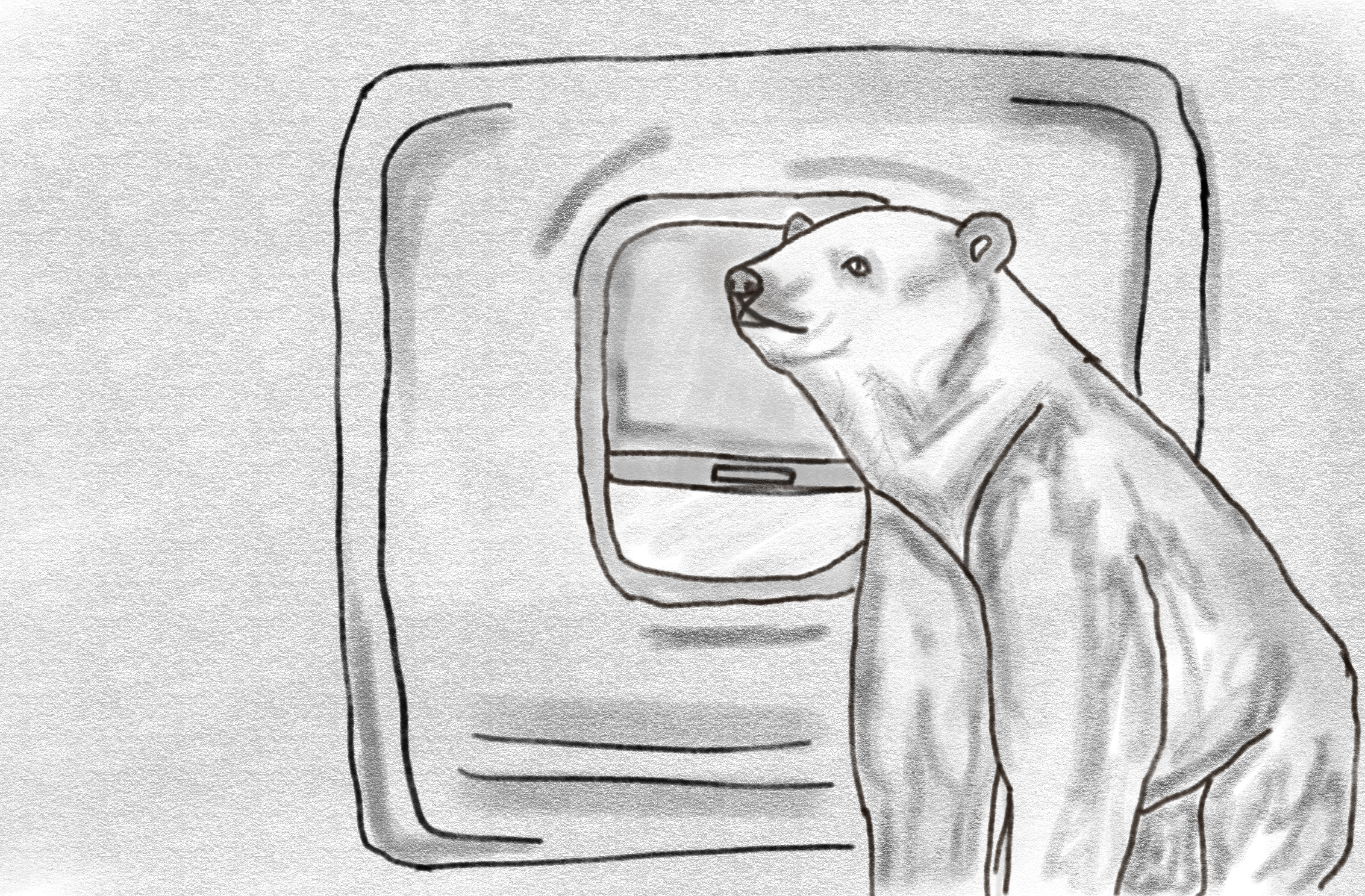Who is the Bowdoin student?
February 16, 2024
 This
piece represents the opinion of the author
.
This
piece represents the opinion of the author
.
 Dila Cakir
Dila CakirBack in the old days, when a man graduated from Bowdoin he was a ‘Bowdoin Man,’ whereas when he graduated from Yale he was a ‘Yale Man,’ and somehow there was supposed to be a tangible difference between the two. There implicitly lay the idea that a liberal arts education had such a large impact on the soul that the minute differences between two elite New England colleges could result in easily perceptible differences between their alumni. After all, the college a person attended curated almost every experience they had in four of the most formative years of their life. Students were steeped in the culture of places like Bowdoin, and as a result they left those places permanently branded by them.
This profound influence came with responsibility. Bowdoin College has recognized this since the beginning. In his inaugural address, the first President of Bowdoin College, Joseph McKeen, proclaimed: “Let it never be imagined, then, that the sole object of education is to make youth acquainted with languages, sciences, and arts. It is of incalculable importance that, as education increases their mental energies, these energies should be rightly directed.”
In the spring of 2009, Ross Jacobs ’10 recognized that the energies of the student body were becoming less and less directed toward anything. Pilotless, Bowdoin students were losing their trajectory and sailing along the tailwinds of modern culture toward a nihilistic horizon. In response, Jacobs wrote a column in the Bowdoin Orient titled “Imagining Bowdoin.” In that column, he searched for a goal to unify Bowdoin culture—a direction in which to channel our energies. Article after article he asked the question “Who are we?” What should it mean to be a Bowdoin student? How should we exist in community? What reason should we have to send our future children here someday?
Jacobs used the column to provoke interest in these questions from what he considered to be a largely apathetic campus. He hoped that the column would inspire necessary conversations about how Bowdoin could become the purposive, cohesive and transformative incubator of the soul that it once was. Or, if it was on the wrong track all along, how it could forge a daring new path forward. Either way, he believed that any path was better than the one Bowdoin was on—one that led toward an existence that was solely for children to get a good degree, learn necessary skills, have some fun and move on with their lives.
This mission is one that I want to continue. And so, in this column, I am going to pick up where Jacobs left off. I’m going to throw things out there, ask questions of you, elucidate points of tension, and try to illuminate the importance of these issues.
Currently, too many of us are like passengers on an airplane flying with the window shades closed, going 600 miles per hour and not even realizing how fast we’re going. In the normalcy of the day-to-day, we forget just how critical a time of our lives this really is. When we get off “Bowdoin Airlines” at the end of our four years here, we will be fundamentally different human beings from when we started. I’m asking you, begging you, to crack open that shade, look at the ground shifting beneath you, and realize just how much the experiences we’re living in college will shape us. Every class you attended, every meal you shared, every Bax Basement bash, every talk on the quad, every headline you read, every tradition you enjoyed, every club you were part of—all of these things are taking you mile-by-mile toward the destination of becoming a Bowdoin graduate. And the question is—what do you want that destination to look like? Who should a Bowdoin graduate be?
In this column I’m going to try to open that window shade for you so that we can survey our trajectory and discuss how we can best steer that plane. I plan to consider the common good, greatness, political identity and more. Until we begin in earnest next week, I thought it would be appropriate to leave off with a quote that made my hair stand on end when I read it for the first time.
As Jacobs said in the closing paragraphs of his “Imagining Bowdoin”:
“The series ‘Imagining Bowdoin’ is now over and I will likely retire forever from all journalism. For all those faithful readers of this column, thanks for giving my scribblings your time. I now invite you to embark on the far more important task of engaging this problem of culture—a genuine perplexity I take to be the most important question facing we firstlings of the 21st century.”
Well, the series “Reimagining Bowdoin” is now beginning, and I would like to invite you to come along with me as I shout out into the darkness via the Bowdoin Orient’s op-ed section. Write response articles, send me emails, bring this conversation to your standing Thursday lunch at Moulton Union, whatever—just please: don’t let your chance to redefine Bowdoin College for the better slip through your fingers.
Sincerely,
Aidan Sheeran-Hahnel

Comments
Before submitting a comment, please review our comment policy. Some key points from the policy: